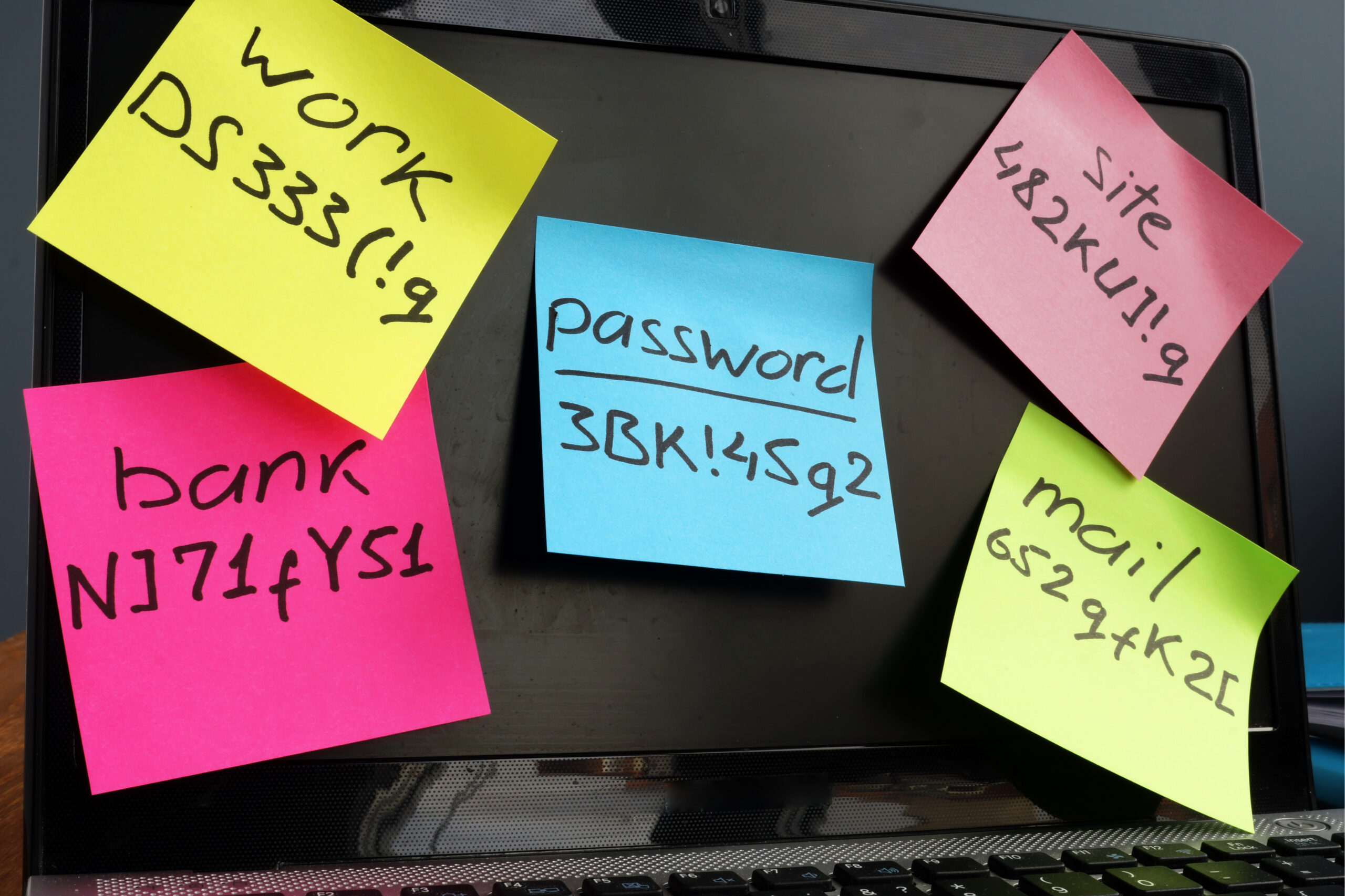The Scary Reason You Should Never Save Your Passwords To Your Computer, According To Security Experts
November 2, 2021 by Lisa Cupido
There’s a good chance you have to remember 50 passwords a day (and maybe even more) as you jet between banking online, checking emails, catching up with social media, and even reading the news. There’s a password for every shopping site under the sun and any time you want to so much as kick back and watch a TV show on a streaming network, you’ll need to type in yet another password. It can be tempting to allow your computer to save your passwords so that you never have to think up another original password again — or attempt to file it away into the recesses of your memory. But relying on websites to save passwords you create isn’t the most secure move, according to Tech Expert Saskia Ketz, CEO of Mojomox and founder and editor-in-chief of A Womans Thing. This is the scary reason why you should never save your passwords to your computer.
You’re Leaving Yourself More Open To HackersEveryone tech user’s worst nightmare is getting hacked. And saving your password on your computer can put you more at risk.
“With stored passwords, someone seeking access to accounts may not need to touch your devices physically,” Ketz says. “However, some viruses and malware can steal the entire list of saved credentials remotely if so–though this might be an easier feat for hackers if they have already gone through all stages of an attack, including installing malicious software on your device or accessing personal information from previous attacks like social media profiles where users often store their login details without realizing it until too late! So, it’s never recommended to store your passwords on your computer.”


